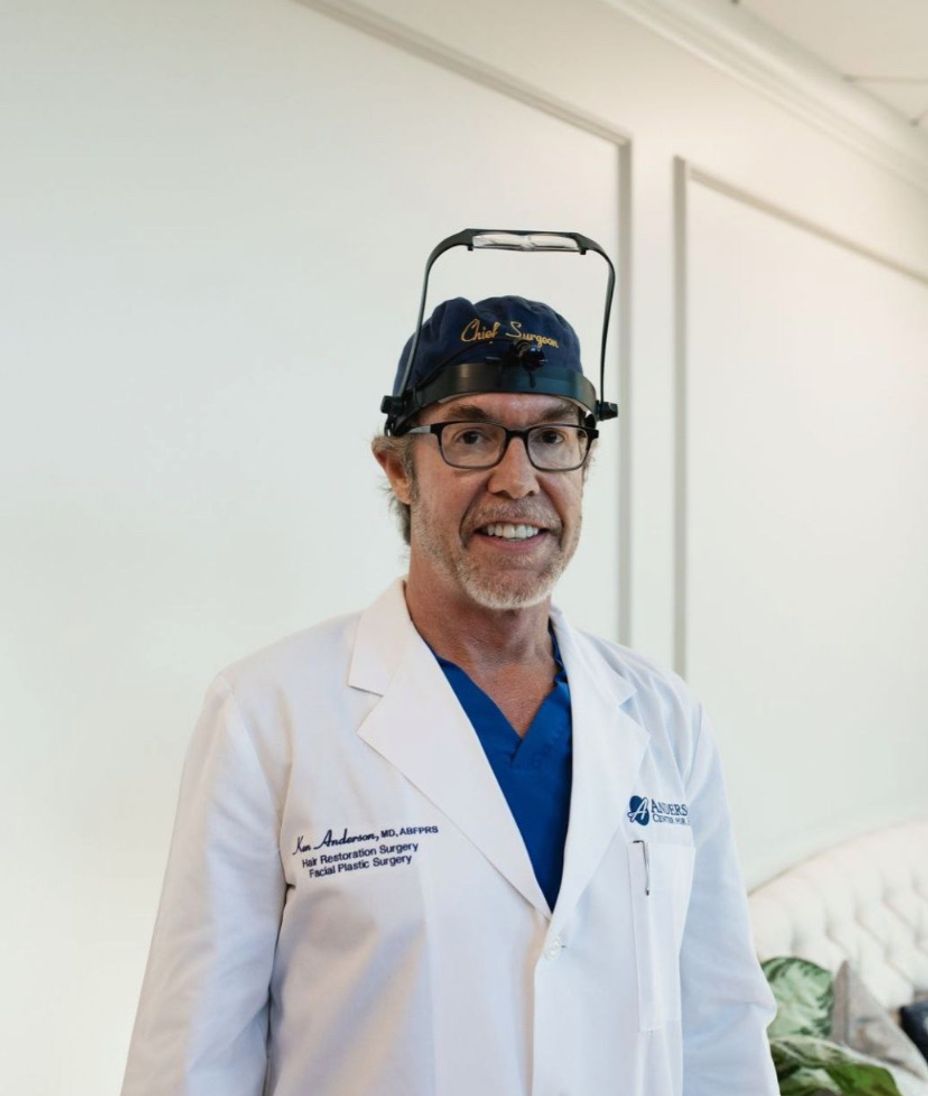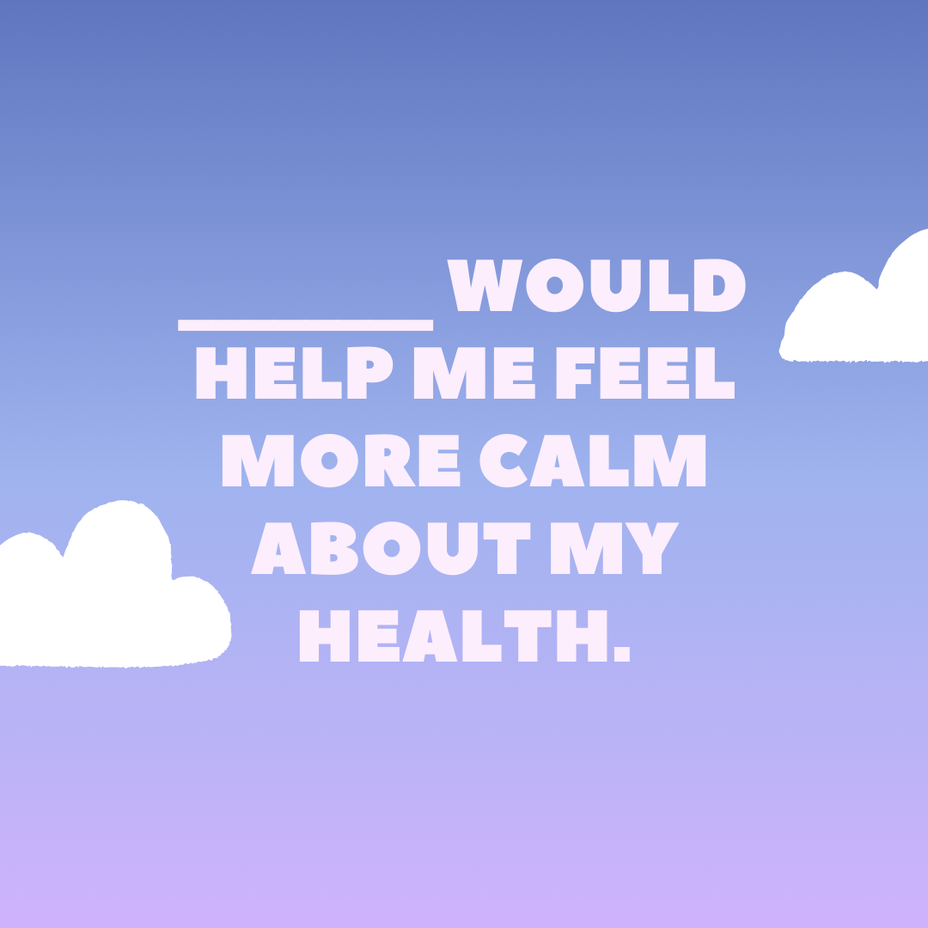When I attacked the lawn last year, it was infested with about two hundred Hawkbit plants. Looking down the garden it was like green aerials poking into the sky everywhere. Getting down on my knees to pull them up, I found they were like hard, green, bifurcated plates, crushing the grass below. They almost completely filled a garden waste bin, by the time I had finished. I thanked God (or was it Lidl?) for knee pads I had recently bought. While this was a long and tedious job, worse awaited in the form of Snowberry Bush suckers, which made a sucker out of me.
Years of neglect had allowed them to creep under the lawn as roots, then burst out in various places as whole, new plants or at least that was their cunning plan: When we lived in Kilmarnock, in rented accommodation the same problem occurred with Japanese Knotweed.
Once again I partially filled a brown bin with ripped out roots, dug up with what looked like an ice axe, left by previous occupants of the house. A lot of the roots were feet long and had to be cut into shorter sections, to fit in the bin. It took me a lot of time to find and root out as much of the roots as possible. It was back breaking and pain not rain stopped work on several occasions.
Cutting back the laurels was also a hard task but in a different way. The far end of the garden, where the main bushes grew as a solid hedge, were several feet high, several feet long and several feet wide. Reaching some parts meant stretching and leaning into the hedge, quite a distance. Other bushes on the periphery, were also cut back, revealing other shrubs hidden behind them and bursting out of the top, including a Buddleia.
In another part of the garden I cut back ivy and clematis, growing over our fence, to reveal two, large, plastic planting tubs (a friend also pointed out a bird table, buried so deep in the shrubbery that I had missed it myself: I dug it out, pulled it out of its hiding place, dragged it across the lawn and replanted it closer to the house, where we could at least see the birds using it plus gave it a fresh lick of paint). I also dug up two hydrangeas, struggling to reach the light and also buried in the middle of this free-for-all chaos: they survived the winter but thinking they were dead from the transplant, I uprooted them again, only to find I was wrong and stuck them back in the earth (hopefully they will survive my gardening incompetence but only time will tell).
I didn’t know what else was in the flowerbed parts of the garden but planted primulas in abundance, only to discover other flowers pushing up from under them in places (they died equally in abundance too – see note above about incompetence). I also bought four azaleas, frost killing one totally and damaging two of the others but the fourth flourished because it was sheltered.
Daffodils and other bulbs either burst into bloom or I uprooted them up accidentally. One large clump of something in the middle of the square bed, turned out to be hostas. I found more in the ‘L’ shaped border, in a couple of odd lumps. I have now placed all of these in planters, to replace the winter’s losses. I also bought half a dozen geraniums for a couple of pots and an oblong wooden planter. Sadly they all seem to have succumbed to the frost, although a dwarf rose seems to have survived, despite being frozen to the ground.
One survivor of the ice and snow, I wish hadn’t. It was a rose bush gone mad. Great big branches, ten to twelve feet high, stretching into the sky, no longer attached to the rose arch meant for it. I thought I had killed it last year but fresh red shoots were visible this spring. The cheap option of using an old weed killer spray I found in the shed hadn’t worked. Apparently roses are notoriously hard to kill and after chopping off large chunks of root, it was still breathing (see illustration). I have now purchased stump killer and hopefully this will stunt its growth. I don’t like killing things deliberately but I am pretty good at doing it accidentally it seems.
On the gravel beside the dreaded rose bush, a fine fuzz of seedlings grew. It took me ages to pull them all up as they covered a large area of ground but came out easily as not deep rooted. Equally well established brambles proliferated but were again nothing compared to one I had to deal with in rented accommodation elsewhere. It used a tree as support and was once more a monster, growing ten to twelve feet high at least. The bramble canes were as thick as my thumb and the roots looked like a gigantic, twisted, gnarly hand – as though out of a Grimm’s fairy tale illustration. Compared to this later rose though, it came out of the ground relatively easily, despite the thorns ripping my old skin to shreds at times,
I needed somewhere to store the larger garden tools and larger items for garden maintenance, including lawnmower, wheelbarrow, strimmer and hedge trimmer. A joiner friend was going to make me a shed for me but was overwhelmed with work, so rather than hang about I ordered one over the internet. Before it arrived, I had to level off the cement paving slabs I wanted it to go on. Previously it had held a sizeable dog kennel, sloped for run-off when cleaning it down I assume. I also purchased a small wooden bunker, to replace the warper plastic one that was beside it, which again we inherited and was used for bikes by the original owners. Strong winds lifted the lid as there was no locking mechanism left in operation and one of the hinges was also broken, which made shutting the top awkward at times. I bought the replacement to store our roof box as I had with the plastic one but unfortunately the top wouldn’t open, only the front and it wouldn’t fit, so in went the wheelbarrow instead.
I have yet to paint these two wooden structures but at least managed to paint the fence and gate last year.



